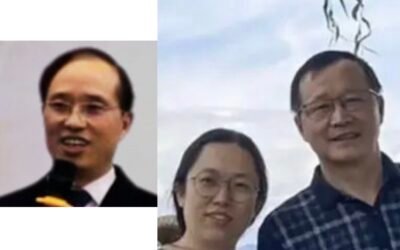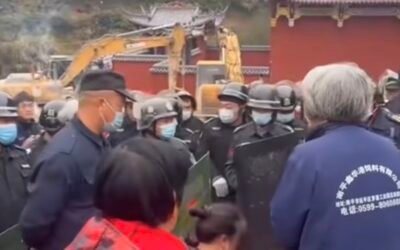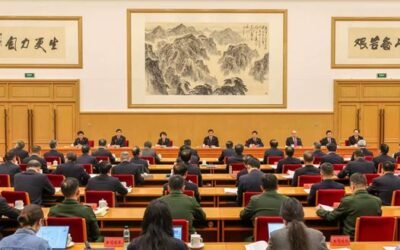Few Tibetans believe the respected abbott died “of natural causes.” The United Nations does not believe it either.
by Lopsang Gurung
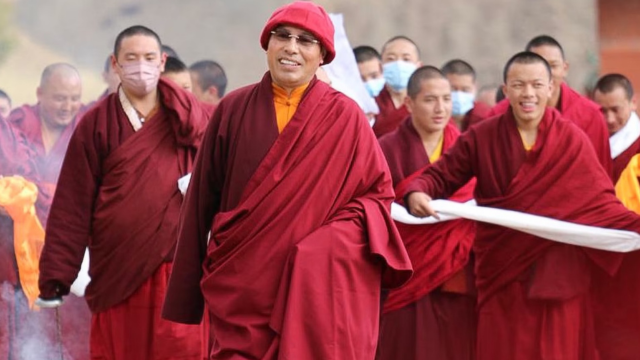
The United Nations has issued a stark and urgent demand to the governments of Vietnam and China: explain the suspicious death of Tibetan spiritual leader Tulku Hungkar Dorje Rinpoche, or face international scrutiny for possible human rights violations.
Tulku Hungkar Dorje, revered abbot of the Tibetan Buddhist Longen Monastery in Qinghai, died in Vietnamese custody on March 28 or 29, 2025, under circumstances so opaque and troubling that four UN human rights bodies—including the Working Group on Arbitrary Detention, the Working Group on Enforced or Involuntary Disappearances, and the Special Rapporteurs on extrajudicial executions and on minority issues—formally intervened. Their joint communications, sent to Hanoi and Beijing on August 8, cite “grave concern” over his detention, disappearance, and death, warning that both governments may have breached international law.
The Lama’s ordeal began in Qinghai, China, in August 2024, when he resisted pressure to conduct state-sponsored religious ceremonies with Beijing’s false Panchen Lama. After fleeing to Vietnam, he was detained in Ho Chi Minh City—reportedly with Chinese officials present, interrogated and tortured. For four days, his whereabouts were unknown. Then came the official claim: he had died of a “heart attack,” despite no prior history of heart disease. His body was cremated without family consent, and the death certificate was withheld from his monastery.
The UN’s message is unequivocal: “Loss of life occurring in custody creates a presumption of arbitrary deprivation of life by state authorities.” The experts demand answers about the legal basis for his arrest, the role of Chinese agents in Vietnam, and the legality of the cremation.
The 60-day window for Vietnam and China to respond has expired on October 8. Neither government has publicly replied. Their silence only deepens the suspicion.
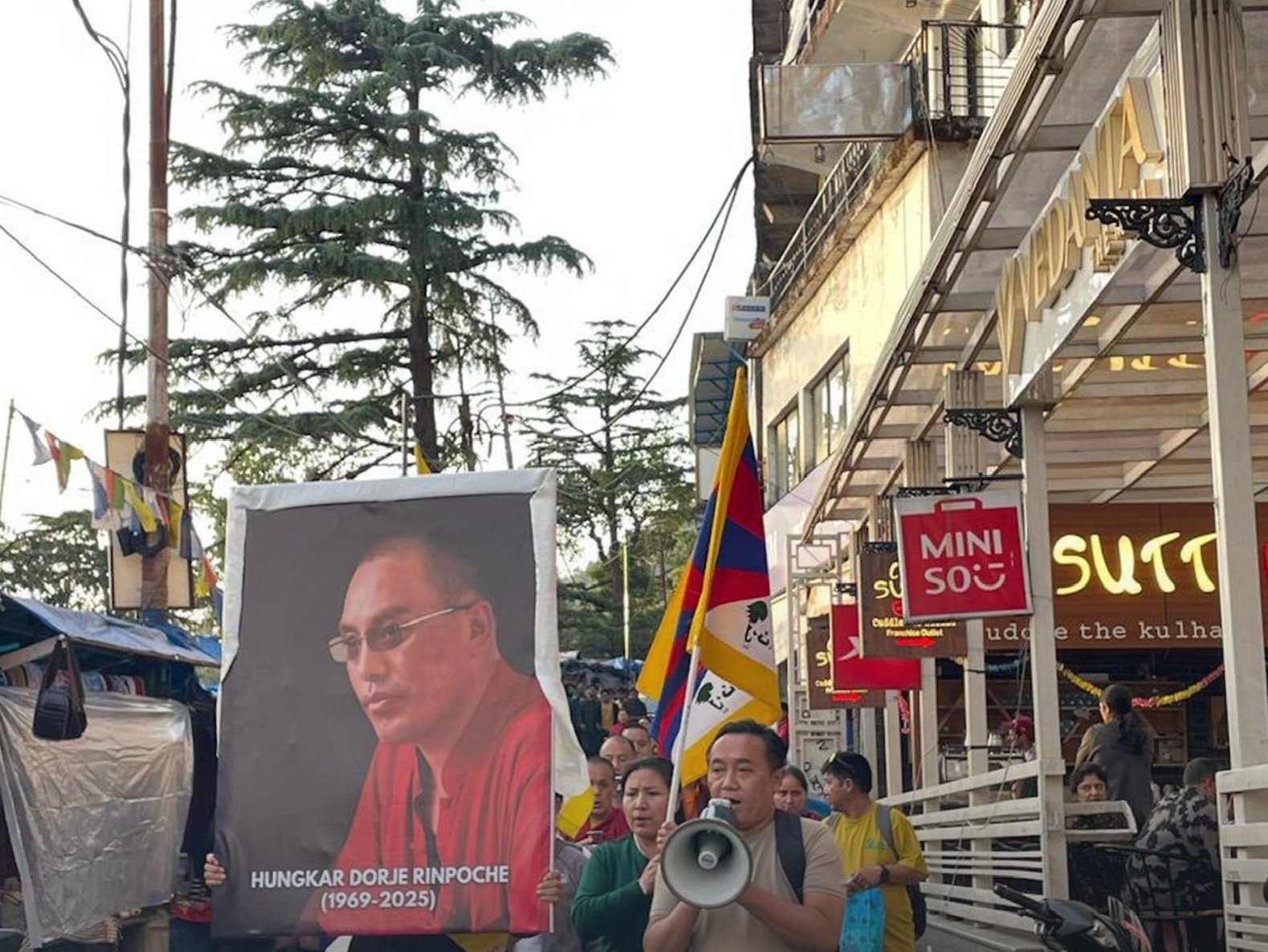
This is not merely a case of bureaucratic neglect. It is a test of international accountability. The UN invoked the Minnesota Protocol, which mandates prompt, independent, and transparent investigations into deaths in custody. The Lama’s case—marked by cross-border repression, enforced disappearance, and extrajudicial death—demands nothing less than full disclosure and justice.
Tulku Hungkar Dorje was more than a religious figure. He was a humanitarian who built schools and clinics. His death, shrouded in secrecy and state interference, is a chilling reminder of the risks faced by those who defy authoritarian control.
The world is watching. The UN wants the truth. And the governments of Vietnam and China must answer.

Uses a pseudonym for security reasons.

